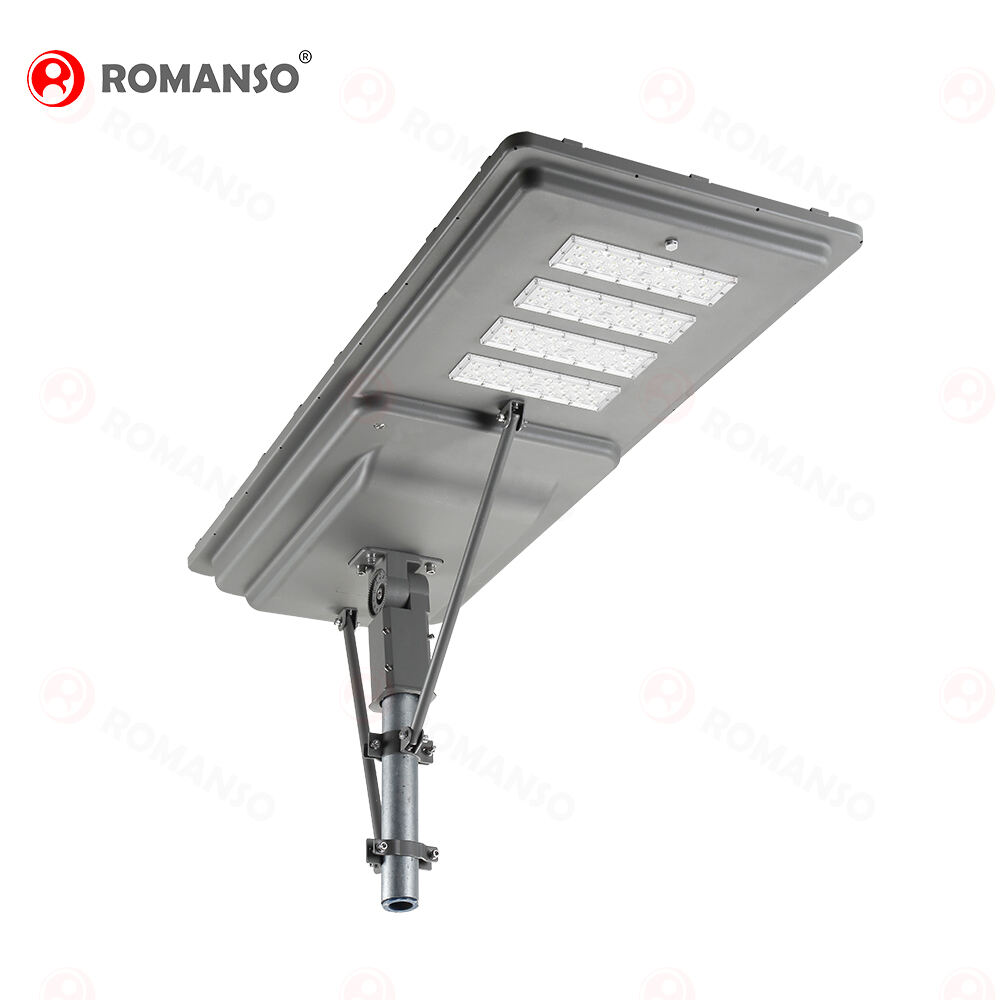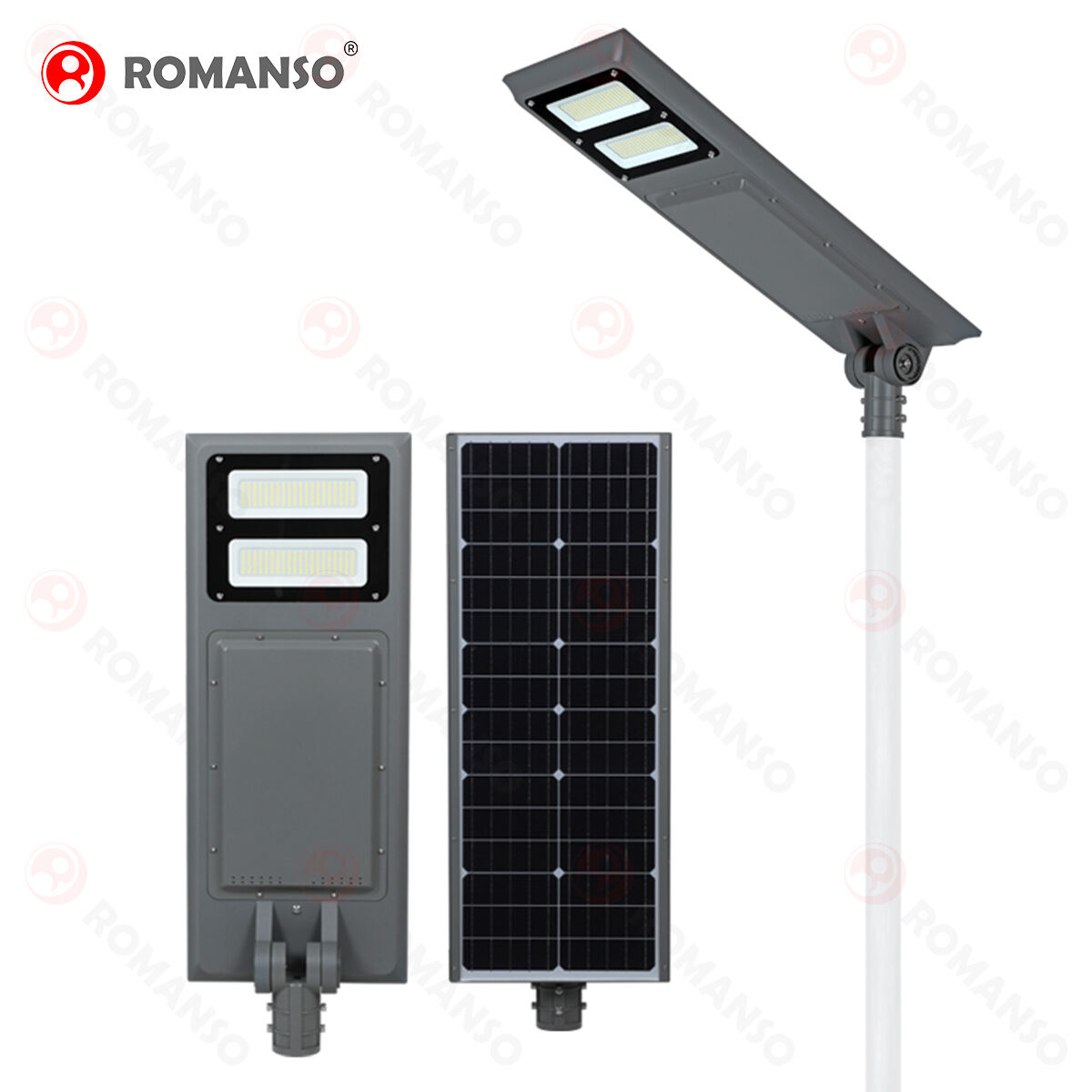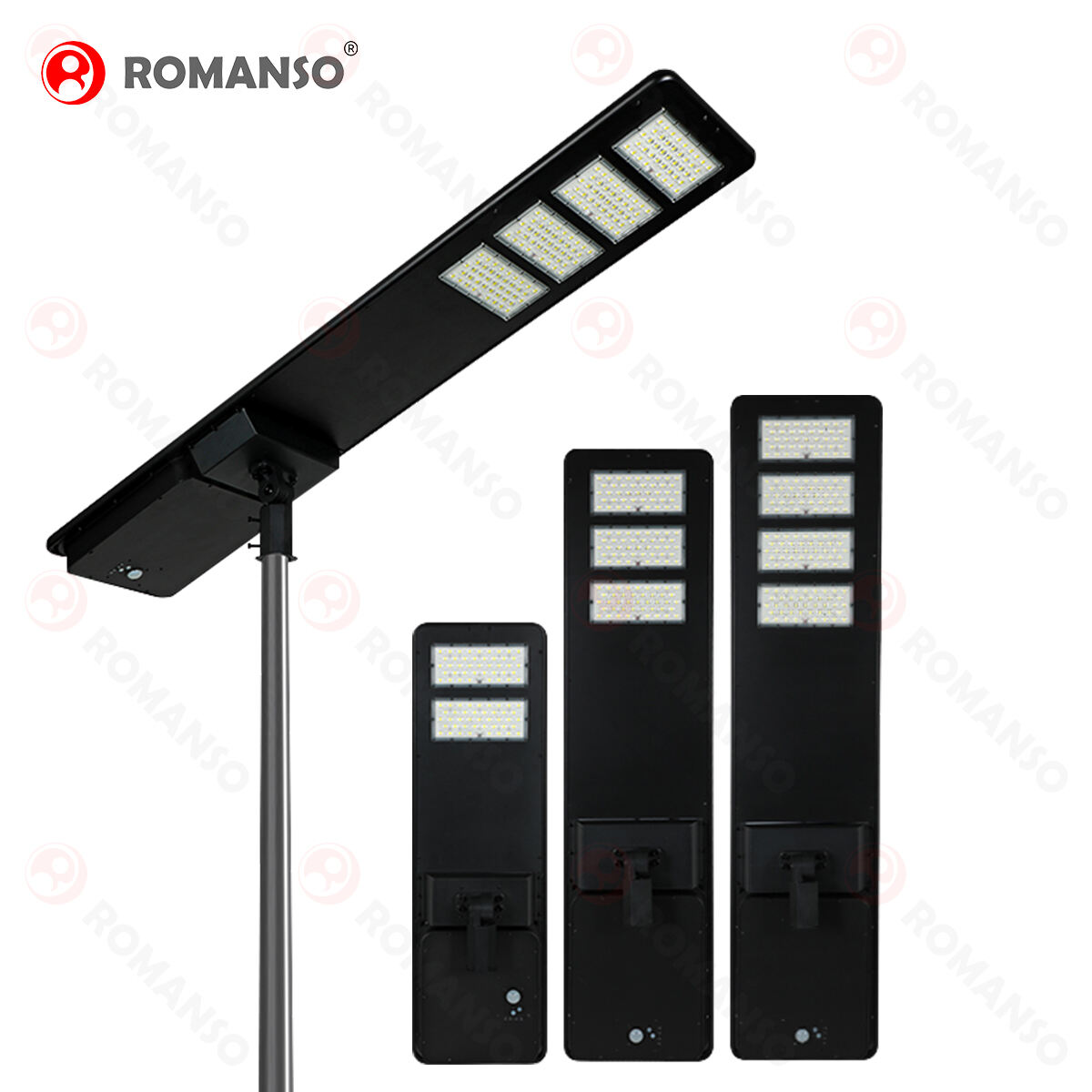LED Retrofit Kits: A Smart Lighting Upgrade
2025
Benefits of LED Retrofit Kits for Modern Lighting Solutions
Energy Efficiency Compared to Traditional Fixtures
LED retrofit kits offer superior energy efficiency compared to traditional lighting fixtures, leading to substantial energy savings. In fact, according to the U.S. Department of Energy, LED lighting is the most energy-efficient lighting option available, often achieving energy savings of 50% or more over conventional lighting systems. These kits not only lower electric bills but also contribute to environmental sustainability by reducing the carbon footprint. Additionally, LEDs produce less heat, which can further decrease energy consumption by reducing the need for air conditioning in commercial spaces.
Long Lifespan and Reduced Maintenance Costs
LED retrofit kits are celebrated for their long lifespan, typically lasting up to 25,000 hours or more—far surpassing the mere 1,000-hour lifespan of traditional incandescent bulbs. This extended life expectancy means fewer lamp replacements, translating to reduced maintenance costs and labor effort, a compelling advantage for large facilities or outdoor installations. The longevity of these kits also minimizes landfill waste, supporting sustainable practices by decreasing the frequency of bulb disposal.
Compatibility with 150W MH LED Retrofit Replacements
LED retrofit kits are engineered for compatibility with existing lighting systems, including 150W MH (metal halide) fixtures, easing the transition process without necessitating a complete fixture overhaul. This adaptable design simplifies inventory management for businesses, allowing seamless lighting upgrades without extensive modifications. Moreover, retrofitting existing fixtures with LEDs enhances overall performance and energy efficiency, offering a reliable and cost-effective lighting solution for diverse applications.
Key Features to Look for in LED Retrofit Kits
Smart Controls and Motion Sensor Integration
The integration of smart controls and motion sensors in LED retrofit kits offers a sophisticated approach to energy efficiency. These features allow lights to automatically turn off or dim based on room occupancy, dramatically reducing unnecessary power usage. Studies have shown that buildings equipped with advanced lighting controls can save an average of 30% more energy compared to those using standard controls. Beyond energy savings, smart controls add a layer of convenience and functionality, enhancing user experience by allowing customizable lighting settings.
High Lumen Output and Color Accuracy (CRI >80)
For effective illumination, particularly in commercial and industrial settings, high lumen output is crucial. Equally important is color accuracy, with a Color Rendering Index (CRI) greater than 80 ensuring vibrant and true-to-life colors. High CRI values improve the appeal of environments and enhance safety by providing clear and accurate visibility. Research supports that better lighting conditions, characterized by high CRI, can boost productivity and mood in workplace environments, underscoring the importance of these qualities in retrofit kits.
Weatherproof Designs for Outdoor Applications
In outdoor applications, LED retrofit kits must feature weatherproof designs to endure varying environmental conditions. These designs protect the lighting from harsh elements like rain, snow, and extreme temperatures, maintaining functionality and longevity. Therefore, understanding the Ingress Protection (IP) ratings is essential; an IP65 rating, for example, denotes strong resistance against dust and water, making it suitable for outdoor lighting. Enhanced durability not only ensures consistent performance but also reduces maintenance needs, offering a reliable solution for outdoor lighting challenges.
Top Solar-Powered LED Retrofit Solutions
Outdoor Integrated Solar Streetlights (100W-300W)
Integrated solar streetlights offer a seamless blend of solar panels, LED lights, and batteries in a single unit, simplifying installation by minimizing wiring complexity. These streetlights, with power outputs ranging from 100W to 300W, are well-suited for various applications, ensuring effective illumination of roads, pathways, and public spaces. By harnessing renewable solar energy, they foster energy independence, especially in off-grid locations, providing a sustainable and autonomous lighting solution.

IP65 Waterproof All-in-One Solar Road Lights
IP65-rated all-in-one solar road lights are an excellent choice for reliable outdoor lighting, able to function optimally in wet conditions without any operational failures. These lights typically come equipped with integrated sensors that adjust light output based on ambient light levels. The user-friendly aspect of installation, requiring no complicated wiring setups, makes them an ideal solution for rapid deployment in enhancing street and pathway visibility.

High-Capacity Battery Solar Street Light (88W/80AH)
These solar street lights stand out due to their 88W output and high-capacity 80Ah battery, which ensures reliable, long-lasting illumination suitable for urban and rural areas. This robust battery capacity guarantees extended lighting periods, making these streetlights an ideal choice during overcast days or in regions with inconsistent sunlight. Such features contribute significantly to energy efficiency and increase safety and visibility in public spaces.

Installation Tips for LED Retrofit Kits
Magnetic Mounting Systems for Quick Setup
Magnetic mounting systems revolutionize the installation process of LED retrofit kits by eliminating the need for specialized tools, thereby facilitating a quick and efficient setup. This method utilizes magnets to offer flexibility in placement, making it highly suitable for areas that require frequent adjustments or temporary installations. By adopting magnetic mounting, users significantly enhance the practicality and speed of implementation for lighting solutions.
Wiring Best Practices for Solar Integration
When integrating solar LED retrofit kits, adhering to wiring best practices is crucial to ensure safety and optimal performance. This involves using proper gauge wires that can handle expected electrical loads efficiently. Additionally, to maximize solar energy production, it is essential to position solar panels to avoid shading from trees or buildings. Proper grounding of all components is equally important, as it helps prevent electrical hazards and extends the system's longevity.
Optimizing Motion Sensor Placement
Optimizing the placement of motion sensors is vital for maximizing energy savings and ensuring they adequately cover the intended area. Testing different mounting heights and angles can help in determining the most efficient configuration, leading to reduced energy consumption. Educating users on proper sensor placement can further enhance engagement and awareness about energy efficiency, thereby promoting more sustainable practices.
Sustainability Advantages of LED Retrofitting
Reducing Carbon Footprint with Solar Options
Solar-powered LED retrofit kits offer a compelling opportunity to reduce carbon emissions by harnessing renewable energy sources. These kits famously decrease reliance on fossil fuels, significantly lowering an organization's overall carbon footprint. According to industry researchers, adopting solar lighting solutions can substantially cut down on traditional energy demands, making such transitions not only environmentally beneficial but also aligned with corporate social responsibility objectives. This not only promotes environmental stewardship but positions organizations as leaders in sustainable initiatives.
Reusing Existing Fixtures for Minimal Waste
A significant advantage of LED retrofitting is the reuse of pre-existing fixtures, which drastically cuts down on waste compared to full system replacements. Instead of discarding entire lighting setups, retrofitting allows for the conservation of resources, thereby shortening construction timelines and significantly reducing project costs. By minimizing waste through the preservation of current infrastructures, organizations can develop a more sustainable operational model. This approach not only conserves materials but also showcases a commitment to resource conservation and sustainability.
Utility Rebates and Long-Term Cost Savings
Utility companies frequently offer rebates for energy-efficient upgrades, making LED retrofitting more financially accessible by reducing upfront costs. Incorporating LED retrofit strategies often leads to substantial long-term savings on energy bills, demonstrating a rapid return on investment. The initial savings achieved through these rebates and reduced energy consumption can be reinvested into further sustainability initiatives, improving cash flow. As organizations integrate these cost-efficient solutions, they not only bolster their financial performance but also enhance their commitment to sustainability.

 EN
EN
 AR
AR
 BG
BG
 HR
HR
 CS
CS
 DA
DA
 NL
NL
 FI
FI
 FR
FR
 DE
DE
 EL
EL
 HI
HI
 IT
IT
 JA
JA
 KO
KO
 NO
NO
 PL
PL
 PT
PT
 RO
RO
 RU
RU
 ES
ES
 SV
SV
 CA
CA
 TL
TL
 IW
IW
 ID
ID
 LV
LV
 LT
LT
 SK
SK
 SL
SL
 UK
UK
 ET
ET
 GL
GL
 HU
HU
 MT
MT
 TH
TH
 TR
TR
 FA
FA
 MS
MS
 GA
GA




